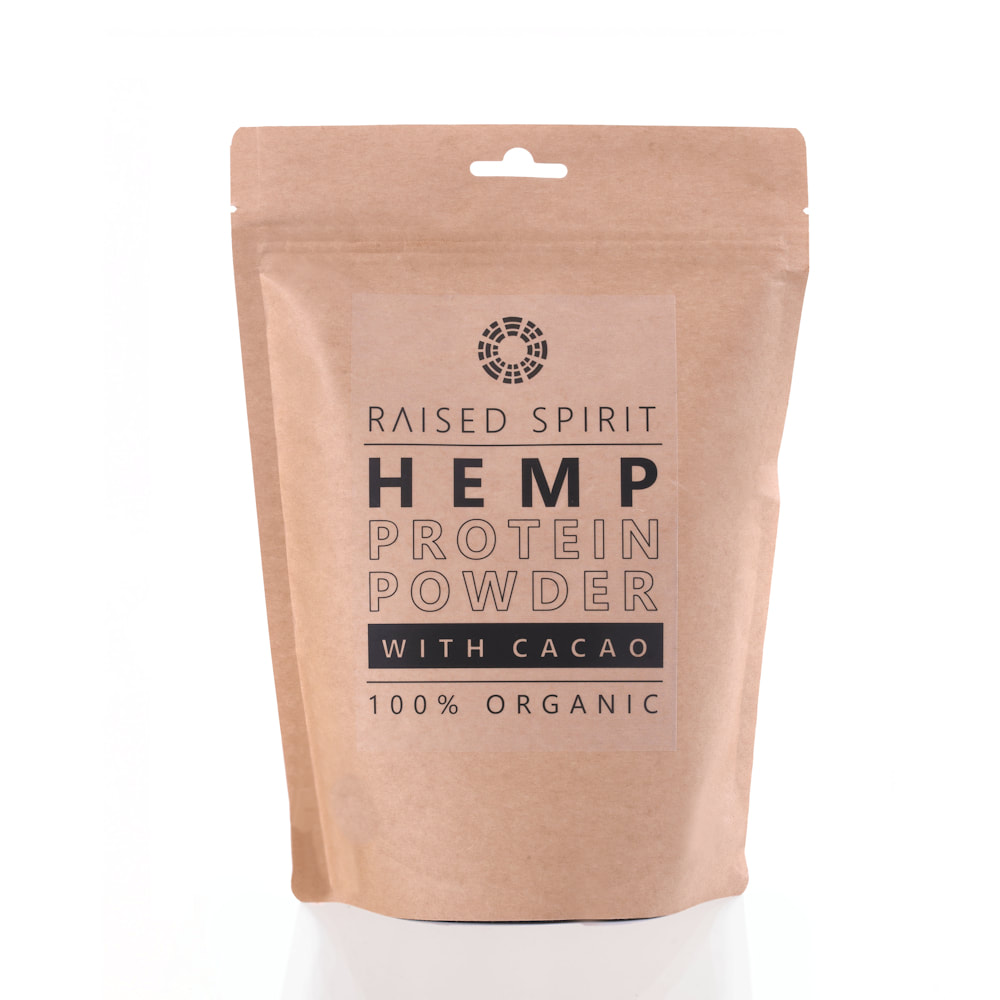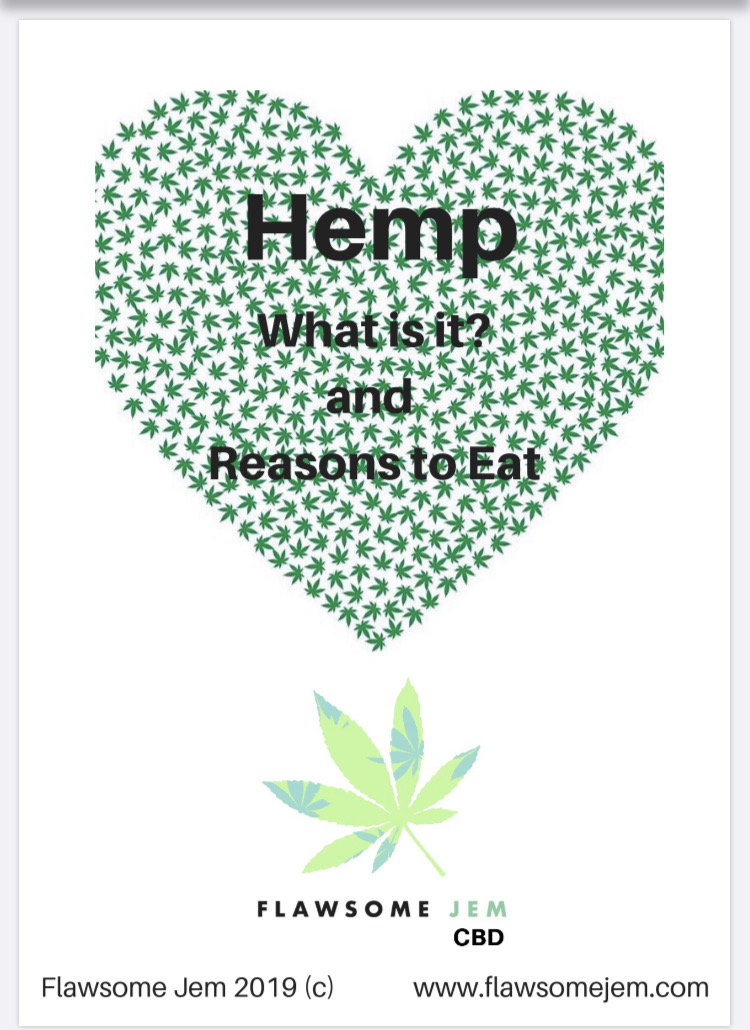Happy Hemp Day!
How are you doing?
Today I wanted to come on and share my 10 Reasons Why Hempseed Is The Best Protein Source (in my opinion).
Fun fact:
** DID YOU KNOW: Hemp seeds contain more protein per weight than steak, and have less than 1% the environmental impact per acre than raising cattle. **
As always, any questions, I am always here and happy to help, book a free chat below with myself and let’s get you started on your own healthy hemp and/or CBD journey.
10 Reasons Why I think YOU Should Eat Hemp:
1. Hemp seed contains all nine essential amino acids:
Of the twenty amino acids we need, nine are classed as ‘essential’. These are the ones our bodies cannot synthesise from other amino acids and metabolic particles.
This is why they must be consumed as part of our diet. Hemp seed contains significant amounts of all nine essential amino acids, making it the perfect way to ensure your body is getting the right nutrition on a daily basis.
2. Hemp seed contains more useable protein per gram than almost all other foods:
Hempseed contains 25 grams of protein per 100 grams. This is higher than all other plant sources, and higher than or equivalent to almost all meat and fish. On paper, soy appears to out-perform hemp as a protein source in a few ways. Hemp seed is 25% protein, whereas soy is 32%. Soy also contains slightly higher levels of eight out of the nine essential amino acids.
However, it is important to look at how much of this protein can actually be used by the body. Soy, unlike hempseed, contains high levels of trypsin inhibitors (see below) which prevent all of its protein and essential amino acids being absorbed by the body.
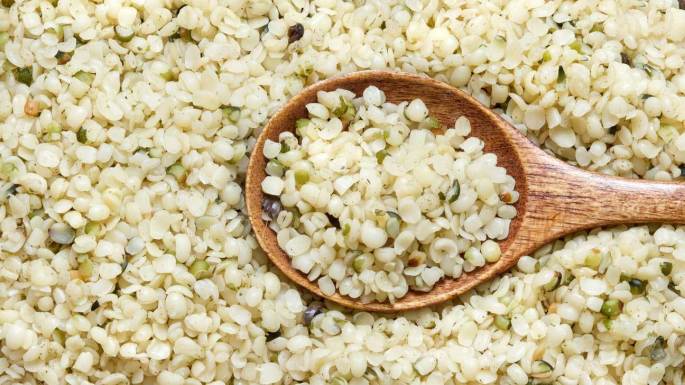
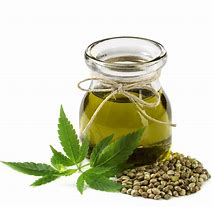
3. Hemp seed does not contain trypsin inhibitors:
Trypsin is a digestive enzyme which is secreted by the pancreas as trypsinogen. The essential function of trypsin is to break down proteins in the small intestine so that the body can use all the available amino acids and other nutrients it contains.
Trypsin inhibitors block the function of this enzyme, so less protein is broken down and digested. Hempseed is rare among food protein sources in that it does not contain trypsin inhibitors, so all of the protein and essential amino acids it contains are available to the body.
Meat, nuts, soy, lima beans and raw egg white all contain trypsin inhibitors.
4. Hemp seed contains easily digestible protein:
Since it is dense, fibrous animal muscle, meat is hard to digest and requires more acid and enzyme secretion. Dairy products that are high in lactose are also difficult to digest and can cause gas, bloating, and diarrhoea. Nuts contain phytic acid, which is indigestible and can cause discomfort for some people; it also blocks the absorption of zinc and iron, which are also essential for good health (and found in hempseed!).
Protein from eggs becomes difficult to digest if they are boiled. Beans, though good sources of protein, contain saponins which prevent protein digestion, and phytic acid.
All in all, hempseed – which contains edestin and albumin, two high-quality proteins – is unquestionably one of the easiest proteins to digest.
5. Hemp seed contains the perfect 2.5:1 balance of essential fatty acids:
Hempseed and hempseed oil are extremely generous sources of the essential fatty acids linoleic acid, commonly known as omega-6, and alpha-linoleic acid, also called omega-3. As with the essential amino acids mentioned above, they are classified as ‘essential’ because they are indispensable for heath, yet cannot be created by the human body and must be a part of our diet. Just as essential as these fatty acids themselves is the ratio in which they are consumed, since proper absorption and use of both depends on this.
An excess of omega-6 can actually cause serious health problems. As recently as 1995, it was believed that the best balance of omega-6 to omega-3 was between 5:1 and 10:1. More recent research indicates that this is an unhealthily high ratio. It is now known that between 2:1 and 3:1 is the most beneficial balance.
Interestingly, this is the balance usually found in traditional diets in Japan and the Mediterranean, both places with a historically low rate of heart disease.
Hempseed has a ratio of around 2.5:1, making it the ideal balance.
For comparison, soy has a 7:1 ratio.
6. Hemp seed farming is beneficial to the environment:
Much has been written about the benefits of farming hemp: it requires less water, fertilizers and pesticides than other food crops, it improves the soil for the following crops instead of depleting it, and it can lock in large amounts of carbon both while growing and when used in products for the building and textile industry.
The meat farming industry, on the other hand, is both environmentally destructive and causes extremely high carbon emissions. A study on the potential for agriculture to create carbon ‘sinks’ rather than carbon production calls for a radical change in farming practices, and hemp fits the need for a high-protein crop perfectly.
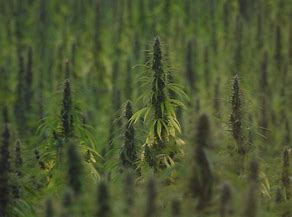
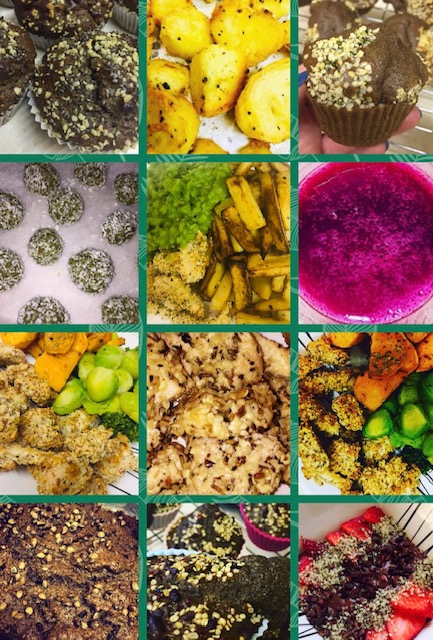
7. Hemp seed is naturally hypoallergenic:
Many common sources of protein can cause allergic reactions. Nuts, legumes such as peanuts, eggs, fish, seafood, and dairy products are all well-known allergens and in some cases can be fatal.
People with Celiac disease are gluten-intolerant, and cannot eat foods such as wheat, barley and rye, all of which are protein sources.
Hempseed does not contain gluten, and for so far as is known, does not cause any allergic reactions.
However, it is important to note that the same anti-coagulant properties in hempseed that reduce the risk of blood clots (see below) could cause problems for people who have to take blood-thinning drugs such as Warfarin, and haemophiliacs. If you fall into one of these two groups, it is advisable to consult your medical practitioner before adding large amounts of hempseed to your diet.
8. Hemp seed is visibly free of contaminants and additives:
Processed foods, especially meat, are treated and packaged to make them look attractive. This usually involves the addition of preservatives, flavour enhancers and bulking agents that are not visible to the naked eye, but which can have adverse effects on the body. There is also a lack of transparency in much of the production chain that can mean meat sold as beef is actually horse meat that was not intended or approved for human consumption, as happened not so long ago.
Hempseed and hemp oil are advantageous in that what you see is what you get! In addition, the ethos that tends to accompany hemp farming means that producers are more likely to refuse such practices as being against the best interests of the consumer, rather than increasing profit at their expense.
9. Hemp seed reduces inflammation, cholesterol and the risk of blood clots:
The balance of omega-3 and omega-6 essential fatty acids mentioned above enables the body to make full use of the omega-3, which is probably the best of all the poly unsaturated fatty acids for human health. Various studies have confirmed that consuming large amounts of omega-3 does not have any negative side effects, and it is only in combination with too much omega-6 that adverse effects occur, i.e. when the ratio of the two is unbalanced.
The positive effects of omega-3 include lower blood pressure and blood cholesterol levels, regulation and normalization of fat metabolism, reduced dependence on insulin in diabetics, an increase of the overall metabolic rate, better membrane fluidity and marked anti-inflammatory action, especially beneficial to people suffering from arthritis.
10. Hemp seed is really easy to add to any diet:
A factor that dissuades many people from making dietary changes is the inconvenience of long preparation times or having to add elaborate new recipes to their already busy schedules. As a food for health, hempseed is exceptional in that it needs no preparation!
It is best to consume it raw, since the chemical changes that take place in at and above 180 degrees C, making it ideal to add to salads and cereals.
However, if it is added to warm dishes just before serving, all its nutritional properties are preserved. Together with its very subtle, almost neutral flavour, this makes it incredibly easy to incorporate into your existing diet. This is as true for mainstream diets as it is for specific ones. For example, it can be added to baked beans, mashed potato, pasta sauce, soups and stews.
Hempseed is perfect whether your diet is vegetarian, vegan, gluten-free, Paleo, lactose-free, sugar-free, macrobiotic or raw food.
There are so many hemp and CBD products on the market these days, it can be a minefield.
Let me help you cut through the confusion. book a free chat with me below!
Hope you enjoyed reading and found helpful. If you would like to learn more about anything hemp, cannabis or CBD related, let’s chat!
You’re Flawsome!
Lots of love,
Jem xoxo
PLEASE NOTE: CBD is neither a medicine nor a cure for any illness and by no means do we make any medical claims. CBD can help to maintain and support your health and a healthy lifestyle.
